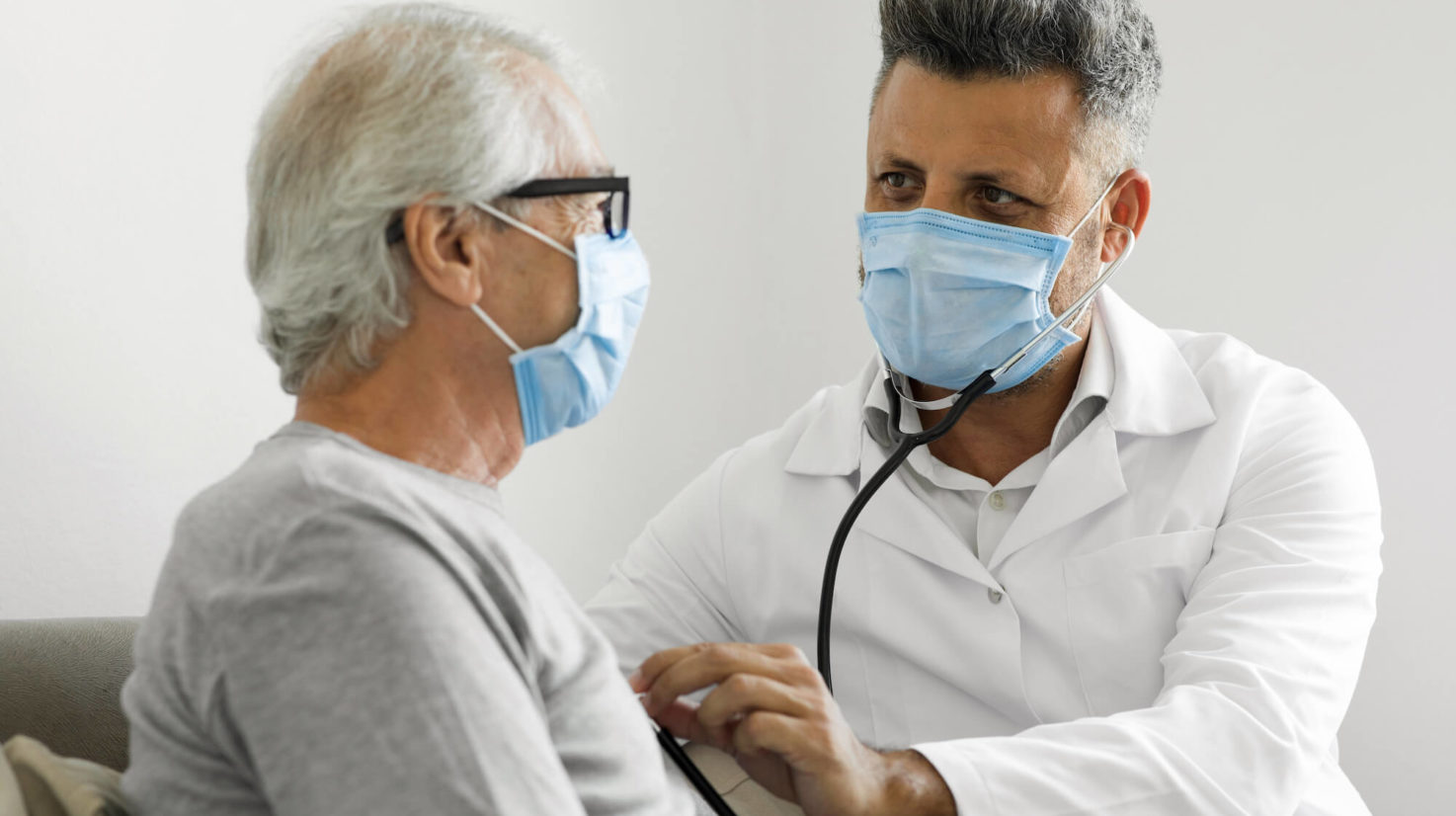Breast Cancer
Yearly mammograms are recommended for women beginning at age 40, based on guidelines from the American College of Obstetricians and Gynecologists, the American College of Radiology, and the American Cancer Society. Women should talk with their doctors if they have questions about when to begin, frequency, and when to end screening.










